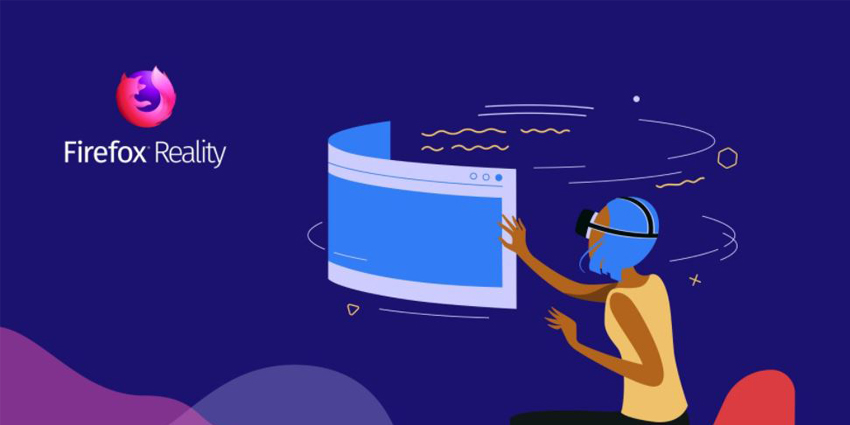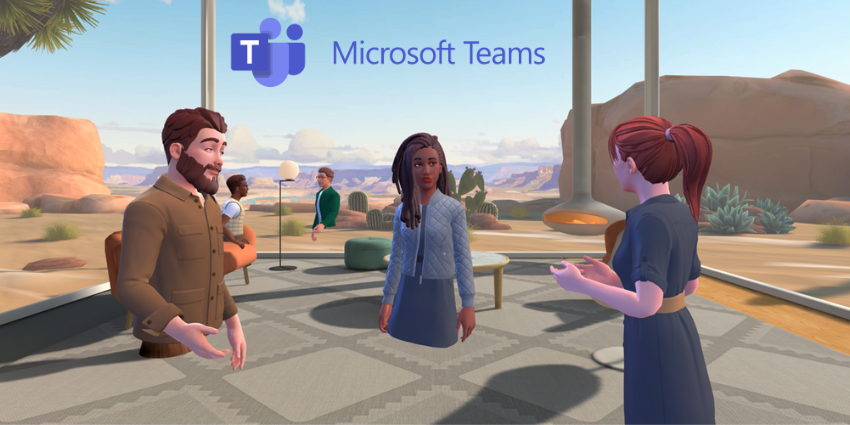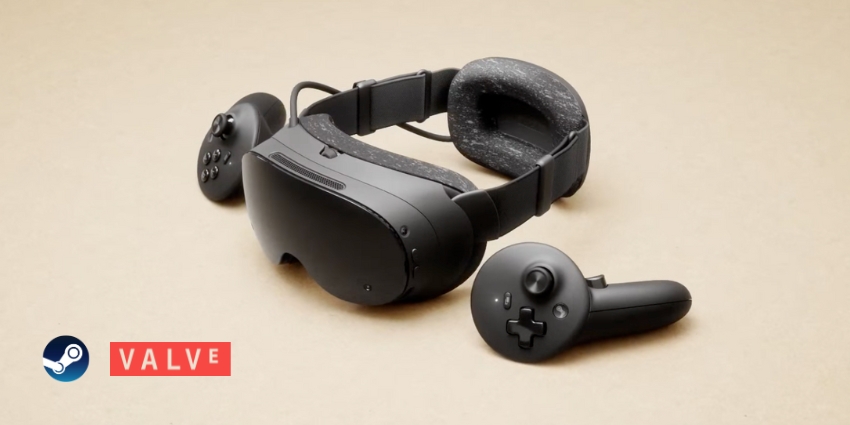Mozilla announced on Thursday it will shut down its “Firefox Reality” immersive browser platform, pulling it from virtual reality (VR) storefronts and removing future support for the application.
We have some big news about the future of Firefox Reality
We are proud to announce that Firefox Reality will live on at @igalia in the new Wolvic browser (@WolvicXR)
Official @mozilla announcement here: https://t.co/TV9LXm4OnI pic.twitter.com/UuPIDd6WF1
— Mozilla Reality (@mozillareality) February 3, 2022
Originally released in 2018, Firefox Reality enabled its VR headset users to explore webpages, perform searches, and enjoy browser-based content while inside an immersive 3D environment.
Firefox’s secure VR web browsing experience lets users switch from 2D browsing to 3D web-based content or immersive WebXR experiences.
The immersive browsing experience was available as version 0.9.1 on digital storefronts such as Viveport, Meta Quest, and HoloLens mixed reality (MR).
The VIVEPORT store page notes that Firefox Reality is an early-preview build, meaning Mozilla pulled the application before the firm released a full version.
Mozilla last upgraded Firefox Reality in September 2020 to version 30, although the firm has not issued any further updates to the platform.
On the other hand, individuals still seeking an immersive experience from Mozilla can turn to its Hubs solution. Powered by Mozilla MR, the platform provides companies with a cloud-based, enterprise-grade remote guidance and collaboration solution.
We’ve improved cursor visibility and you can now adjust the size from the preferences. Many thanks to @ruitammyhuang for contributing this suggestion to our community discord server. pic.twitter.com/0WeuKPqdCr
— Mozilla Hubs (@MozillaHubs) February 2, 2022
Despite the loss of Firefox Reality, the MR development team is updating Mozilla Hubs continuously, thanks to its strong and responsive community.
Using Wolvic
While Mozilla has discontinued its immersive web browser, the Mountain View, California-based firm is directing its audience towards an alternative application.
Igalia is working on a solution that will fill the void left by Firefox Reality named ‘Wolvic,’ an immersive web application that uses the same source code as the Firefox Reality platform.
According to the company’s website, the Wolvic browser creates new ways to navigate, share, and experience information in the immersive application.
The company said:
“Wolvic is about to enter stores still in a somewhat beta phase as we begin to transition some of the features previously provided by Mozilla and work through various issues”
The A Coruña, Spain-based software firm is offering users a similar solution to Firefox Reality but with added benefits and a strong content ecosystem.
A new browser project with an initial focus of picking up where Firefox Reality leaves offhttps://t.co/TzRx4S9C5l pic.twitter.com/aHqEBBchYc
— Igalia (@igalia) February 3, 2022
Igalia is debuting its immersive browser next week on the VR/MR storefronts of vendors such as Meta Quest, HTC VIVE, Pico Interactive, Huawei, and Lynx.
Also, the firm is collaborating with Qualcomm and Lenovo to secure distribution on their VR/MR hardware. The application will stay in its beta stage, much like the “preview” version of Firefox Reality.
Currently, other immersive web browsers and 2D collaboration solutions exist in Spike VR, ShapesXR, or Meta Workplace, with the latter developed in collaboration with Microsoft.
Alternatively, there are many enterprise-grade 3D collaborative platforms available on a host of digital storefronts, including Horizon: Workrooms, Spatial, MeetinVR, Engage, and Glue.







